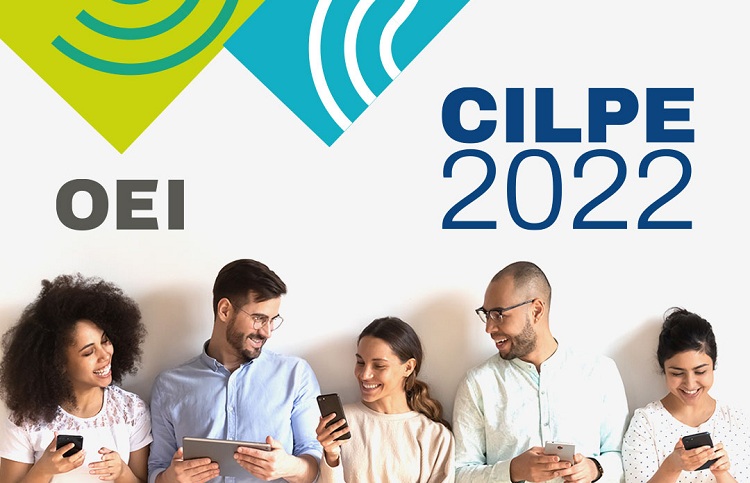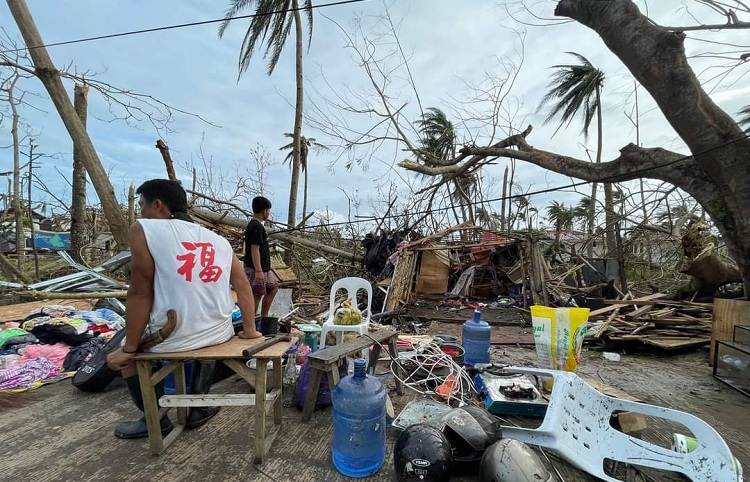The Diplomat
Brazil will host this week the second edition of the International Conference on Portuguese and Spanish Languages (CILPE), which will analyze the use of the two languages in the fields of education, science and culture.
The conference, organized by the Organization of Ibero-American States for Education, Science and Culture (OEI) under the slogan Languages, Culture, Science and Innovation, will be held in Brasilia from February 16 to 18, in a hybrid format, and will bring together authorities from 23 countries to discuss the future of two of the world’s most widely spoken languages, Spanish and Portuguese. The first edition of the event was held in Lisbon in 2019.
Estimates indicate that 850 million people speak Spanish (second language) or Portuguese (fifth) in the world and, according to demographic data from the United Nations, the two languages together will total more than 1.2 billion speakers in this century.
Despite this, many Ibero-American researchers still choose to publish scientific papers in English, according to a study by the OEI and the Elcano Royal Institute, which will be presented at CILPE. Specifically, the report reveals that, in 2020, even the number of publications of academic papers in English by Ibero-American researchers increased, with 84% preferring the English language over their mother tongue.
The event is part of the OEI’s Bilingualism and Portuguese Language Dissemination Program and aims to “find strategic and efficient ways to promote, valorize and disseminate the Portuguese language in a bilingual model with Spanish, in the areas of education, science and culture,” according to the organization. More than 30 researchers, experts, academics and professionals from cooperation organizations and public institutions will be present at this meeting of ideas for the international projection of both languages.
According to the director of OEI in Brazil, Raphael Callou, project activities that intensify bilingualism “have the unique potential to contribute to a more open and more accessible science, with the various advantages that multiculturalism offers”. The OEI, created in 1949, is the oldest intergovernmental cooperation organization in the Ibero-American space. It currently has 23 member states and 18 national offices, in addition to its General Secretariat in Madrid.







